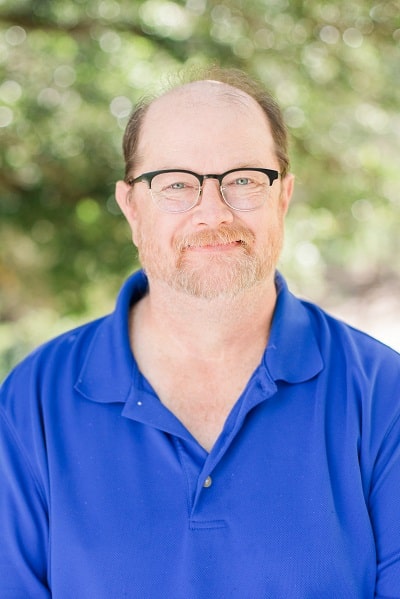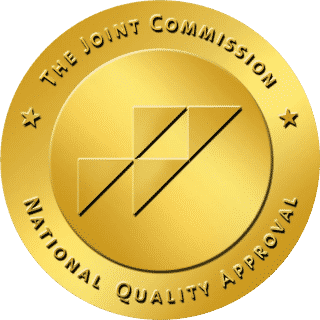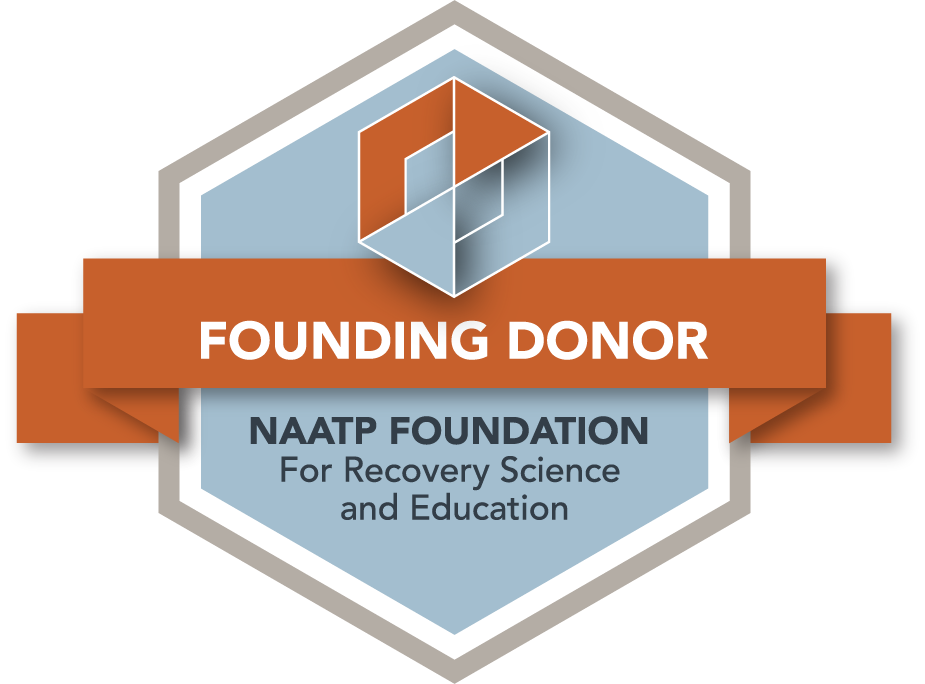
Scott Mitchell, LCDC
Family Program Director
Scott Mitchell leads the program that brings family members to the treatment center during a patient’s third week. The process includes speakers and exercises that help families understand the disease, address communication issues, and learn skills to help in their loved one’s recovery. Appropriately for a Family Program Director, Scott has been married since 1982 and has two grown sons and two grandchildren. He knows family issues and what the disease can do to families. “Alcoholism can really mess with family relationships,” he says.
Works with Interns Seeking Counseling Licenses
Scott is also in charge of the intern program. He oversees the two years of training required to become licensed as a chemical dependency counselor. “Scott is an excellent teacher,” says Director of Clinical Services Janet Blackburn. “He is both analytical and approachable–a nice combination.” After Scott joined La Hacienda’s clinical staff in June 2003, he received specialized training to serve patients better. He studied anger management, non-medical pain management, and patient-centered treatment planning. And, in addition to these skills, he reached back to a longtime interest: music.
Musical Therapy from a Roy Clark Fan
Scott may break out his guitar and strum a few bars of a tune when needed. “I use different types of music to get patients to talk about how they are feeling,” he explains. “I’ll play something and ask them how they relate to it.” If his taste in music leans toward country, it is probably because Roy Clark was one of his guitar heroes while Scott was growing up in Missouri near Kansas City. He notes that another country musician, Travis Meadows, wrote songs while in addiction treatment and recorded them in 2010 as an album, Killin’ Uncle Buzzy. Scott also writes and records songs. He uploads them to streaming sites under the name “Scott A. Mitchell.” While it is easy to get exposure via the Internet, he adds, “It’s hard to make money.”
Christian Faith Central to his Recovery and Work
Scott became sober on Oct.8, 1981—through a combination of his Christian faith and the 12-steps. Working at La Hacienda allows him to fulfill a purpose in life in a spiritual environment. “We can talk openly about faith, and we can disagree with one another, but in the end, we’re on the same team helping people.”
From Helplessness to Hopelessness in a Supportive Environment
Scott says there are two things he enjoys about his work. The first is seeing patients “launched in their recovery. Seeing them go from hopelessness to hopefulness. That’s very rewarding.” The second is working in a supportive atmosphere. “Not only do I feel like I have support from other staff members but also from the administration. That is unique.”
Changed Careers to Find More Satisfaction
Scott is an ordained youth minister with almost two decades of pastoral counseling experience. Formerly he volunteered at a San Antonio church of 300 people with about 100 youth. The satisfaction he received from that service—compared to the way he was feeling about the work he was performing for an employee leasing firm he helped start—was a factor in his shift to chemical dependency counseling. “I decided my mission in life is to help people, at some level, move from where they are to a better place no matter what level they’re in. That fits in with recovery work.” “My own recovery experience also made the change more acceptable.”


